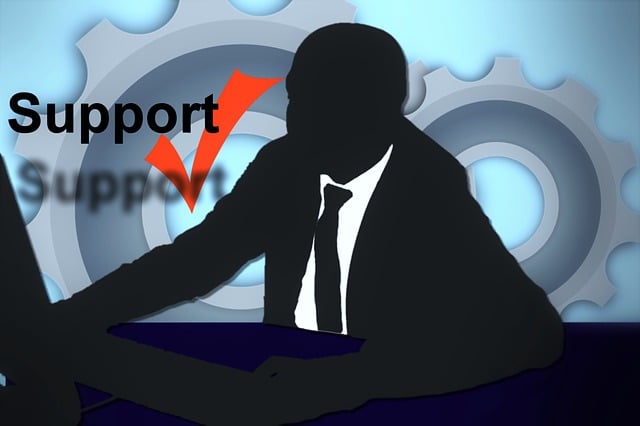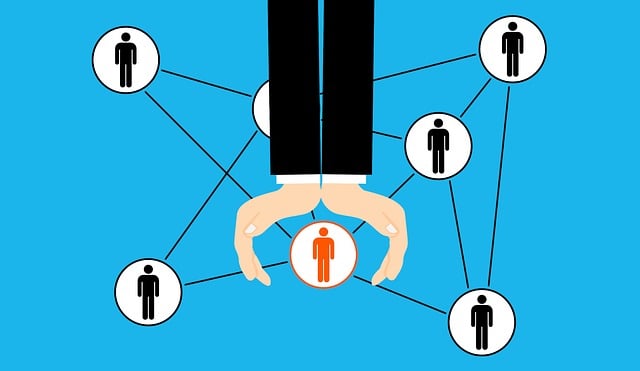Oregon residents can access comprehensive legal protections under federal and state laws across various domains like civil rights, employment, housing, consumer protection, and family matters. To find suitable Oregon legal help, identify non-profit and government-funded legal aid organizations offering affordable services in areas such as family law, criminal defense, housing, and consumer rights. Key resources include the Oregon Law Help website, local bar associations, and government websites. Organizations like Local Legal Aid Services provide free or low-cost assistance, while specialized firms offer tailored support for specific legal needs, ensuring equal access to justice for all Oregonians.
“Navigating legal complexities can be daunting, especially in Oregon. This guide is your compass to finding the right Oregon legal help. We’ll explore your legal rights within the state’s framework, highlighting top legal aid organizations tailored to diverse needs. From understanding types of legal services available to mastering program access, this article ensures you’re equipped with the knowledge to secure continuous legal support and education. Embrace empowerment through awareness.”
- Understanding Your Legal Rights in Oregon
- Identifying Suitable Legal Aid Organizations in Oregon
- Types of Legal Services Available
- How to Access and Navigate Legal Assistance Programs
- Resources for Continuous Legal Support and Education
Understanding Your Legal Rights in Oregon

Understanding your legal rights is a crucial step when seeking Oregon legal help. In this state, residents enjoy a range of protections and entitlements as guaranteed by both federal and state laws. These include civil rights, which safeguard individuals from discrimination based on factors like race, gender, religion, disability, and sexual orientation. Oregon also has specific laws pertaining to employment, housing, consumer protection, and family matters, ensuring fairness and equal treatment for all.
Knowing your rights empowers you to navigate legal issues confidently. Whether you’re facing a complex employment dispute, a family law crisis, or a civil rights violation, understanding the applicable laws in Oregon can help you determine the best course of action. It’s an essential step before reaching out to Oregon legal aid organizations or private attorneys for specialized assistance and representation.
Identifying Suitable Legal Aid Organizations in Oregon

Identifying suitable legal aid organizations in Oregon is a crucial step for those seeking legal support. The state offers a range of non-profit and government-funded organizations dedicated to providing accessible and affordable legal services to eligible individuals. These organizations cater to various legal needs, from family law and criminal defense to housing and consumer rights. One notable resource is the Oregon Law Help website, which serves as a comprehensive gateway to legal aid resources across the state.
When searching for Oregon legal help, consider factors like your financial situation, the type of legal assistance required, and eligibility criteria. Many legal aid organizations have income guidelines that determine client eligibility. They also often specialize in specific areas of law, so it’s essential to find an organization aligned with your needs. Local bar associations and government websites can be valuable resources for locating these specialized Oregon legal help providers.
Types of Legal Services Available

In Oregon, a diverse range of legal services is available to assist individuals and families with various legal needs. From pro bono organizations offering free or low-cost legal aid to specialized firms focusing on specific areas of law, there are numerous resources for those seeking Oregon legal help. Services span a wide spectrum, including family law, housing issues, immigration matters, consumer protection, and more.
Many non-profit legal clinics and government agencies provide Oregon legal help tailored to low-income individuals and vulnerable populations. These entities often offer a range of services, such as mediation, legal advice, representation in court, and community education. Whether you’re facing a divorce, struggling with a landlord, or need assistance navigating immigration procedures, there’s likely an organization dedicated to providing the Oregon legal help you require.
How to Access and Navigate Legal Assistance Programs

Accessing Oregon legal help is a crucial step for individuals seeking support and guidance in various legal matters. The state offers a range of programs designed to assist residents, ensuring equal access to justice. One effective method is to reach out to local Legal Aid Services organizations, which provide free or low-cost legal assistance to those who qualify. These services cover a wide array of areas, including family law, housing issues, consumer rights, and immigration.
Navigating these programs involves understanding eligibility criteria and the referral process. Many Oregon legal help resources are available online, offering detailed information about specific programs and how to apply. Some organizations also host workshops and outreach events to educate community members about their rights and available support. This proactive approach ensures that individuals can efficiently connect with the right legal assistance for their unique circumstances.
Resources for Continuous Legal Support and Education

In Oregon, there’s a wealth of resources available for individuals seeking continuous legal support and education. Many non-profit organizations offer pro bono services, ensuring that anyone, regardless of income, can access legal advice and representation. These groups often provide workshops and clinics covering various legal topics, from understanding your rights to navigating complex court procedures.
The Oregon State Bar’s Lawyer Referral Service is another valuable asset, connecting people with attorneys specializing in different areas of law. Additionally, the state’s legal aid organizations deliver comprehensive legal assistance to low-income Oregonians, covering a wide range of civil legal issues. Through these channels, residents can stay informed, receive ongoing support, and gain access to legal resources tailored to their specific needs.














